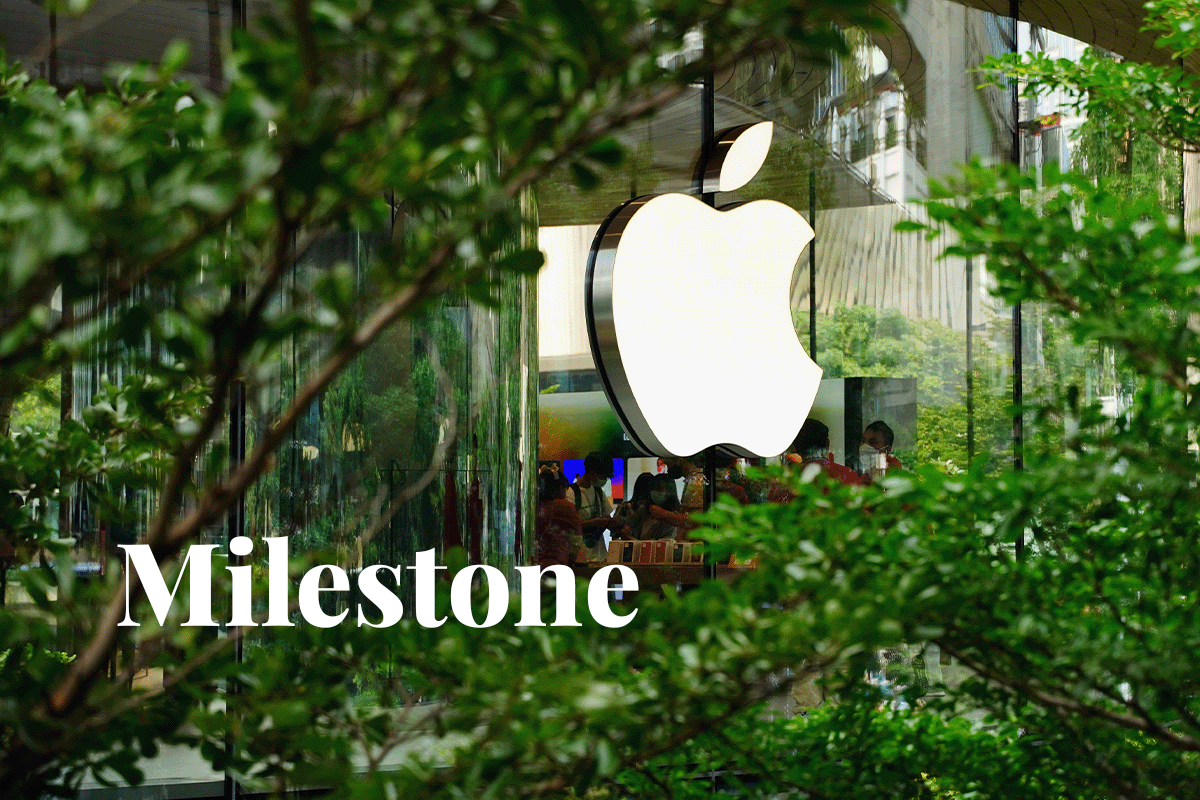Apple has taken a significant step towards its ambitious 2030 climate goal by introducing its first-ever carbon-neutral product in the latest Apple Watch lineup. Through innovations in design and clean energy, the emissions from each carbon-neutral Apple Watch have been reduced by over 75%. This milestone aligns with Apple's commitment to making all its products, including its global supply chain, carbon neutral by the end of the decade.
 Apple Store Central World branch. Bangkok, Thailand.
Apple Store Central World branch. Bangkok, Thailand.
To achieve carbon neutrality, each carbon-neutral Apple Watch must meet specific criteria, including 100% clean electricity for manufacturing and product use, 30% recycled or renewable materials by weight, and 50% shipping without air transportation. Apple plans to compensate for residual emissions through high-quality carbon credits from nature-based projects by supporting initiatives that remove carbon from the atmosphere. These credits will offset any remaining emissions from the carbon-neutral Apple Watch models. These efforts are supported by SCS Global Services' certification.
Apple aims to extend these practices to its entire value chain by 2030 and is committed to reducing greenhouse gas emissions across its product life cycle.
Have a look at Apple’s latest meeting with Mother Nature
As part of this environmental initiative, Apple has eliminated the use of leather in all its product lines and introduced entirely fibre-based packaging for the new Apple Watch lineup. It is also increasing the use of recycled materials in its iPhones.
Additionally, Apple has unveiled the Grid Forecast tool in the Home app. This new tool helps users make environmentally conscious decisions by providing information about cleaner energy sources in their electrical grid. This innovative feature empowers customers to lower their climate impact.
Lisa Jackson, Apple's VP of Environment, Policy, and Social Initiatives, stated, ‘We’ve achieved an important milestone in making the world’s most popular watch carbon neutral — and we will keep innovating to meet the urgency of the moment.’
Read more: The 3 pillars of corporate sustainability
Apple's journey towards carbon neutrality began over a decade ago. By 2020, it achieved carbon neutrality in its global corporate operations. By 2030, Apple aims for a 75% reduction in carbon emissions from 2015 levels. Its strategies include expanding renewable energy sources, using recycled and renewable materials, and avoiding carbon-intensive activities.
Apple's manufacturing and charging processes are powered by 100% clean electricity, and suppliers are committed to renewable energy. It also supports clean energy projects worldwide. Apple is reducing its reliance on leather and introducing FineWoven, a sustainable textile. Recycled and renewable materials are central to these efforts.
Read more: Apple: a pioneer in carbon neutrality
Transportation contributes 9% to Apple's carbon footprint. To address these emissions, It is shifting to less carbon-intensive shipping methods and optimising packaging for efficiency. Apple also supports broader decarbonisation initiatives in the shipping industry. Beyond 2030, Apple is committed to a 90% reduction in emissions by 2050, advocating for collective action against climate change.
At DGB Group, we are committed to helping businesses achieve their net-zero objectives within their specified timeframes through our nature-based solutions. DGB supports businesses in every step on their journey towards carbon neutrality. Our experts offer a diverse range of services encompassing carbon footprint analysis, carbon offsetting, ESG reporting, and sustainability consultancy, all aimed at facilitating enterprises in realising their net-zero aspirations and making a positive impact on the environment.
Become carbon neutral with DGB



